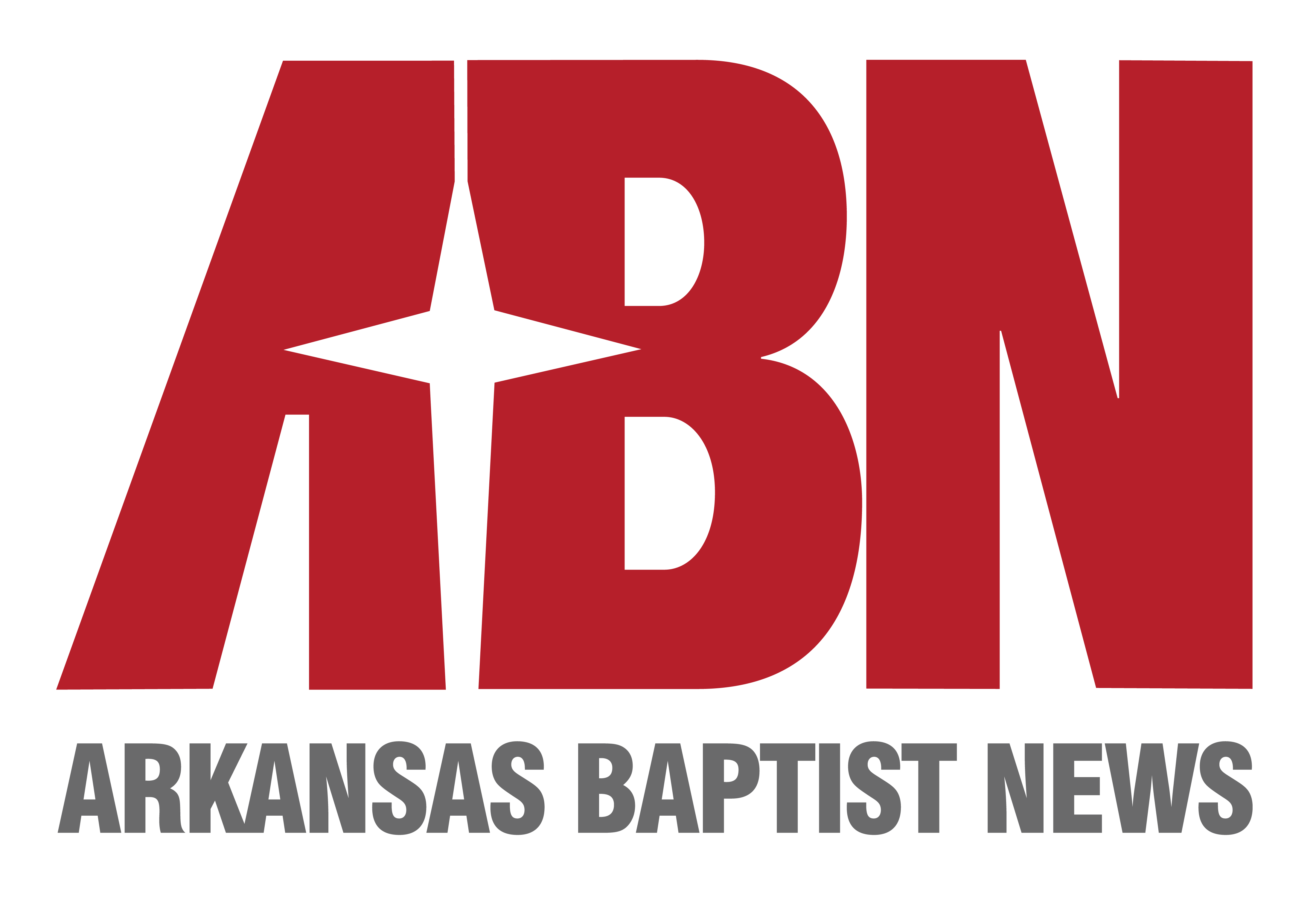I have seen and experienced many cases of conflict in my 60+ years in ministry. Some of these conflicts have been between individuals, some have been between leaders and groups of people, and some have been church-wide.
Through the years, I have also studied many procedures and processes for handling and managing conflict. I learned much from seminars, conferences, articles, and books about managing conflict. In this article, I want to share five things that have been helpful to me. These five suggestions are not the end-all in managing conflict. These are just suggestions I have come to believe are very important after all the experiences I have had. I hope they will be helpful to you.
The beginning of the solution to a conflict is to ADMIT there is a problem. Some church leaders and many members often try to “sweep conflict under the rug.” They don’t want to admit there is a problem because it may not look good for the congregation. Every church leader and every member must know one simple fact—-Conflict is! Don’t try to run from the conflict— face it.
Second, I would suggest that PRAYER plays an important role in managing conflict. You need to pray for the individuals or groups involved in the conflict. Ask God for wisdom as you try to work with those involved. No process will help to manage conflict properly if God is not in the midst of the process and solution.
When the church in Jerusalem experienced their first conflict situation, they chose seven men to handle the situation. After the men were chosen, Scripture says, “They presented these men to the apostles, who prayed and laid their hands on them” (Acts e6: 5 NIV). Prayer is the beginning of the process, not the end.
Third, DEFINING the problem is most necessary. When you get involved in helping to solve a conflict, you will find that the issue is probably not the issue. If you talk to both sides of the conflict, you will find different issues. You have to keep asking questions to get to the real problem.
One of the major problems in defining the problem is that personalities get involved. People start blaming other people which magnifies the conflict. Keep asking questions until you can remove the personalities and get to the real problem. You cannot manage conflict without defining the real problem.
The goal of this suggestion is to lead those involved to agree on the real problem. When this is accomplished, the individuals or groups are now ready to work on the problem.
To move the process along, the fourth suggestion involves leading the individuals or groups to talk to each other, not about each other. The key skill involved here is to help everyone involved to learn to LISTEN. Many times, people may seem to be listening, but they are only trying to think and decide what they will say next.
Listening is hard work. You must concentrate. You must digest what someone is saying. Set aside your personal feelings and really listen to what someone is saying. In order to respond appropriately, you must understand what the other party is saying. Then, you can give a response to their statements rather than share your feelings about that person and his statements. Feelings often get in the way. Help the people involved to listen.
The fifth suggestion is very difficult. Help the individuals or groups involved to seek a WIN/WIN SOLUTION, if possible. In the situation at the Jerusalem church in Acts 6, the solution was evidently a win/win solution. Acts 6:5 says, “This proposal pleased the whole group.” Perhaps you have heard the old saying, “the proof is in the pudding.” What happened in this early church? “So the word of God spread. The number of disciples in Jerusalem increased rapidly…”(Acts 6:7)
Managing conflict is not fun. It can lead to the destruction of the church’s witness if it is not managed. It can destroy individuals involved if they cannot find a solution to the problem. You can manage conflict with God’s help. Hopefully, these lessons I have learned might help. Like the church in Jerusalem, when conflict is managed properly, may your church see the Word of God spread and the number of disciples increased rapidly.



2 Responses
A great and easy-to-remember process to remember and utilize that takes into consideration the unpredictable and potentially unmanageable nature of people without a foundation of sincere prayer and commitment to listening,
This is a man that I admire greatly and has been a great inspiration to me in the years of my ministry. Jimmy is a great asset to Arkansas Baptist and has been supportive to all the Executive Directors that I have had the privilege to know. Jimmy served as Assistant Executive Director in our state convention also. He has trained many in the Intentional Interim Ministry over the past several years. He doesn’t grandstand or toot his own horn but he is a blessing to me and all of Arkansas Baptist. He is very wise and a great encourager to this pastor. Love you Jimmy Sheffield.